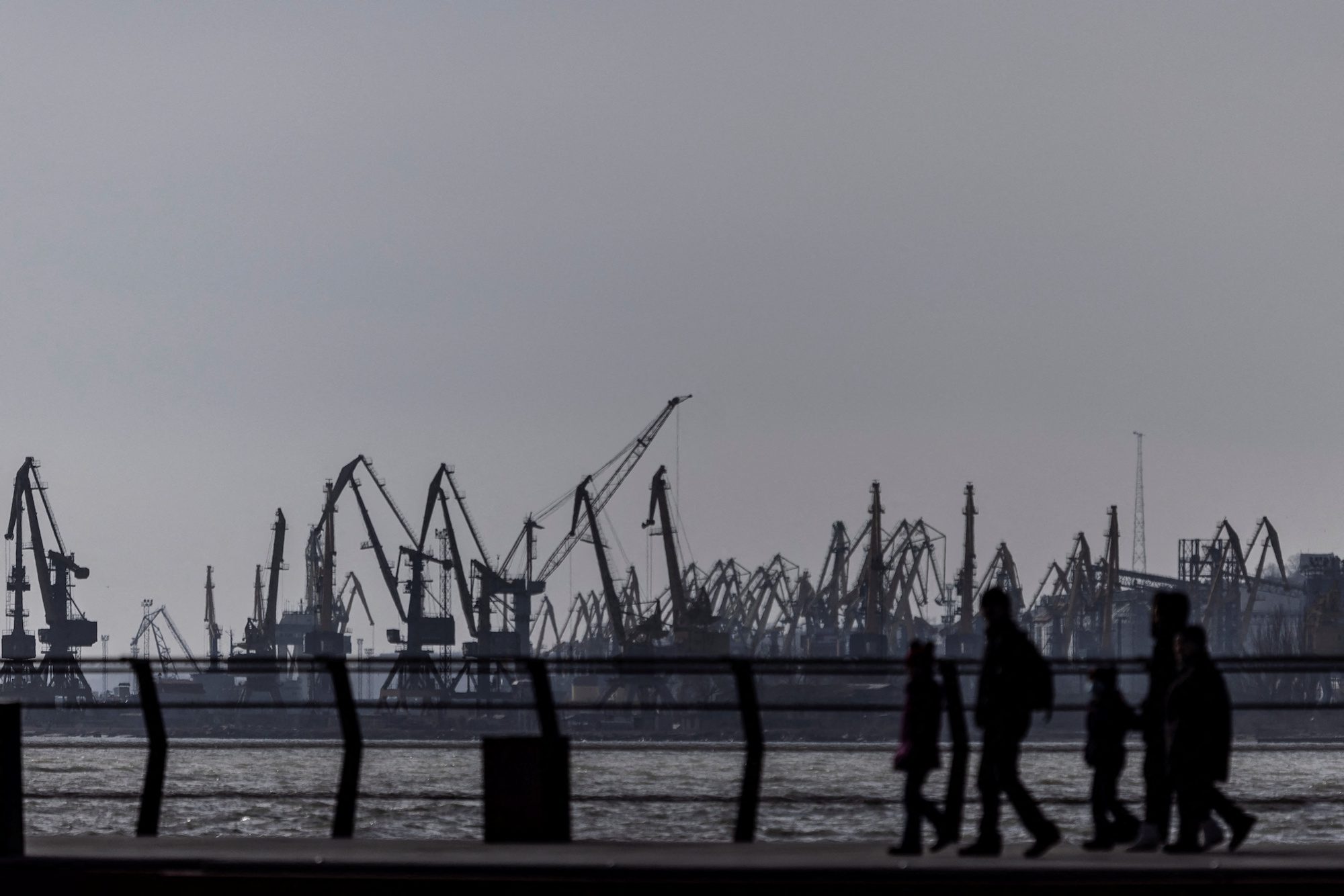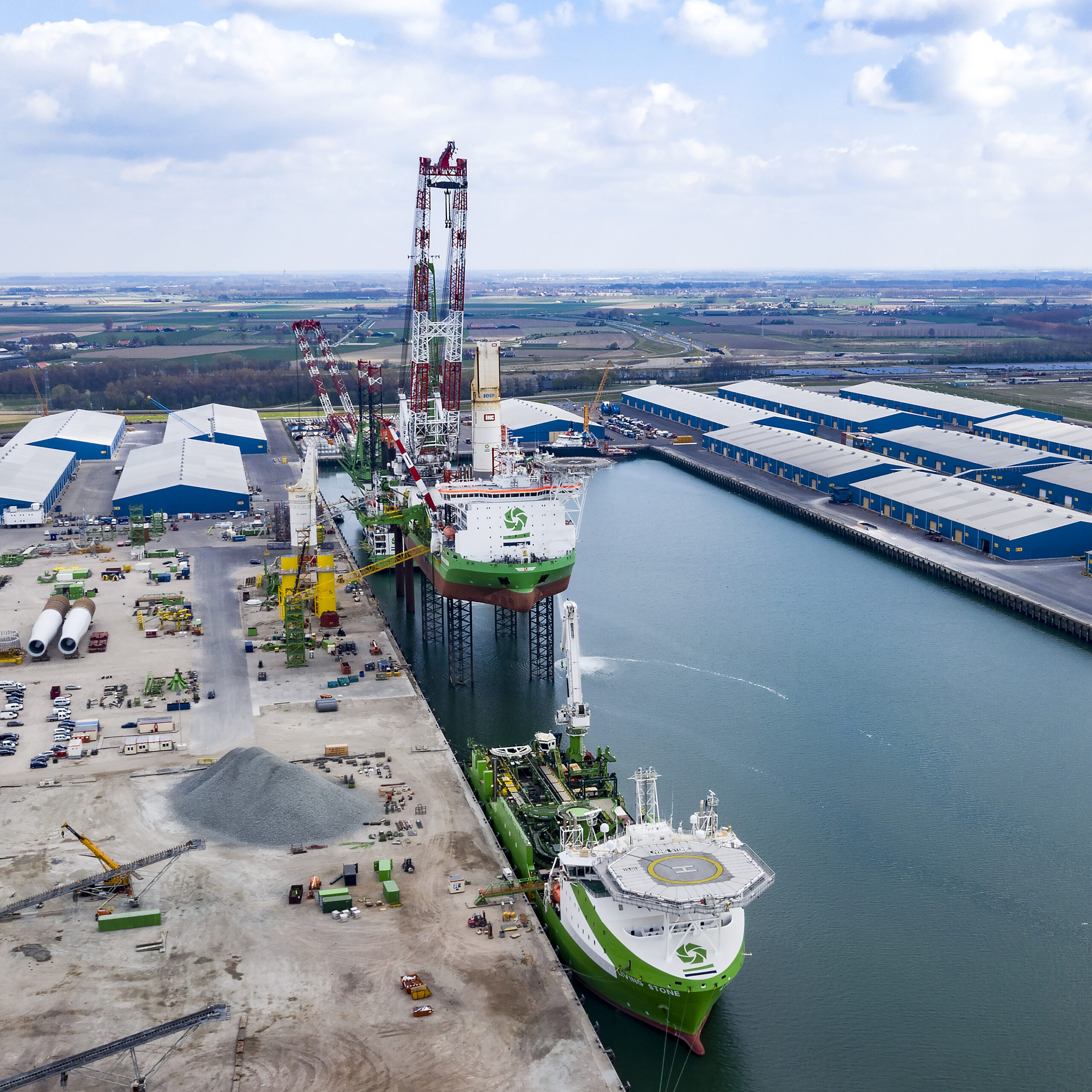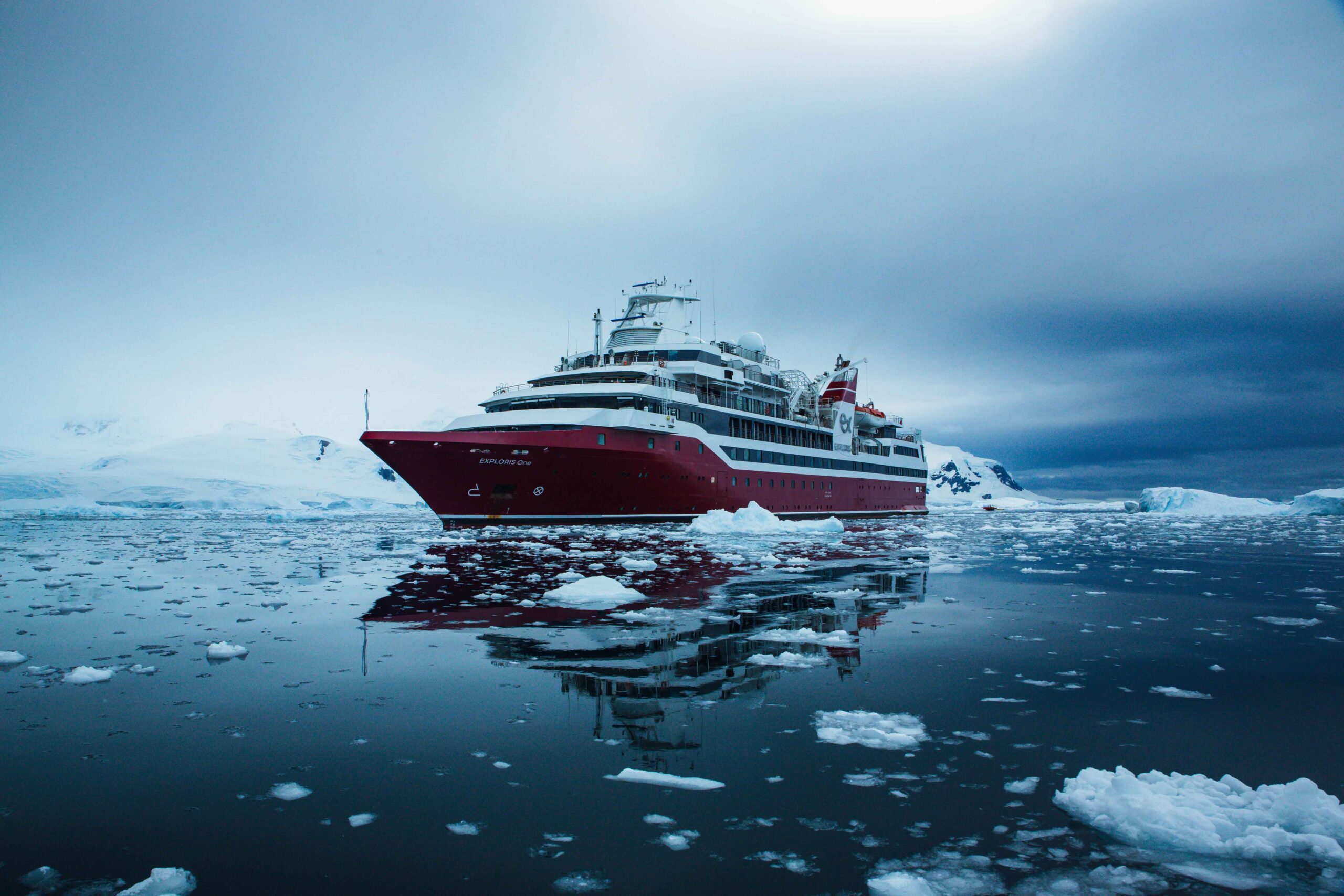By Emma Farge (Reuters) – Some of the estimated 1,000 seafarers trapped in Ukraine have escaped, the International Labour Organization (ILO) and industry officials told Reuters while voicing concern for those remaining trapped onboard ships or unaccounted for.
Several foreign cargo ships have been struck by crossfire in Ukraine since the Russian invasion began on Feb. 24 and U.N. agencies have called for urgent action to protect some 1,000 seafarers, including in the besieged port city of Mariupol that has been under bombardment for weeks.
An estimated 100 vessels have been prevented from departing because of risks of drifting sea mines, industry sources say.
Fabrizio Barcellona, seafarers’ section coordinator at the International Transport Workers’ Federation (ITF), said the “vast bulk” of the seafarers, from at least 20 countries including India, Syria, Egypt, Turkey the Philippines and Bangladesh, as well as Ukraine and Russia, had left, traveling overland to Poland and Romania.
He cited information from Philippine government sources saying seafarers of the Philippines had left. The Philippine Labour Ministry said 371 had been repatriated, 68 had resumed work outside of Ukraine, and some 15 remained there.
“A small number (of the estimated 1,000) remain stranded and unable to return home due to the ongoing threat of potential military crossfire,” Barcellona said.
An ILO spokesperson said in an email that some seafarers were still trapped on their ships, within earshot of shellfire, without giving details. Others had been disembarked, including some who were repatriated home, while others were under the protection of the Ukrainian army.
Russia said on Wednesday it had taken control of Mariupol’s trading port and had freed what it called “hostages” from vessels.
On April 11 a letter was circulated to International Maritime Organization members by Dominica maritime authorities about its ship that sank in Mariupol this month, saying the crew was hiding on other vessels “under an immense amount of intense fear and distress.”
Barcellona said the ITF, which represents some 200 seafarers’ unions, had been seeking to establish “blue corridors,” or safe passage routes, but this was impossible due to mines.
The International Committee of the Red Cross urged parties to the conflict to allow civilians, including commercial crews, to leave and said it would raise this with authorities.
(Reporting by Emma Farge, additional reporting by Neil Jerome Morales in Manila; Editing by William Maclean and David Holmes, Reuters)
Unlock Exclusive Insights Today!
Join the gCaptain Club for curated content, insider opinions, and vibrant community discussions.

 Join The Club
Join The Club













